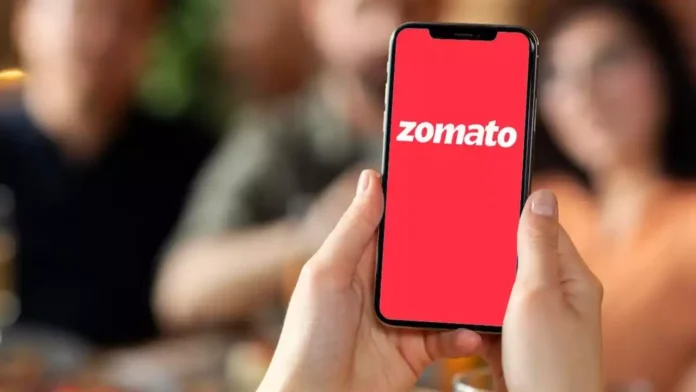Taxation experts suggest that Zomato, a food delivery service based in Gurugram, could face legal battles lasting three to five years. The company asserts that it “firmly believes” it is not obligated to pay Goods and Services Tax (GST) on delivery charges, arguing that the amount is gathered on behalf of delivery partners.
“Tax disputes usually take considerable time to be resolved. The courts are still hearing matters pertaining to service tax and excise (predecessors of GST). So we can expect this issue to take at least three to five years to be resolved,” said Ankit Jain, Partner, Ved Jain & Associates, a tax consultancy.
In November 2023, SnackFax reported that the Directorate General of GST Intelligence (DGGI) had issued a demand notice to Zomato and rival Swiggy, instructing them to clear pending tax dues of INR 400 crore and 350 crore, respectively. The GST demand was calculated based on the delivery fees the two companies collect on each order.
Read Other Articles: Zomato and Swiggy grapple with INR 1,000 Cr GST notices as tax authorities include delivery charges in revenue assessment
The DGGI asserted that food delivery constitutes a service, thereby making Zomato and Swiggy liable to pay GST on their services at a rate of 18 percent. Contrarily, the industry perspective was that the two companies function merely as platforms, solely collecting the delivery fee on behalf of gig workers, to whom the entire sum is subsequently transferred. Consequently, the tax burden is argued to rest on the workers rather than on Zomato or Swiggy.
However, as the annual income of a gig worker is below the INR 20 lakh threshold, they are exempted from GST.
On December 27, 2023, Zomato, in an exchange filing, disputed the tax demand.
Kamal Agrawal, Senior Advisor in the law firm Singhania & Co, said, “These cases involve substantial questions of law and large amounts of revenue are involved. Therefore, these cases are not likely to get settled at lower levels (of the judiciary). Most likely, these cases would go right up to the Supreme Court and may take three to five years, or even more.“
Options infront of Zomato:
Currently, there exists no out-of-court settlement or alternative dispute resolution mechanism for cases governed by GST laws, as is the case with income tax law. Given that Zomato has received a show cause notice, their options include challenging it before the adjudicating authority for GST or filing a writ petition to contest it in a high court.
“At present, there is no settlement commission in GST, and hence, both taxpayers and the revenue department would have to fight it out in the courts. The only other option is to cough up the GST and interest demanded and pay a lower penalty. This approach appears unlikely as Zomato has already stated that no GST is payable. This implies that Zomato and Swiggy are likely to fight it out in the courts,” said Agarwal.
“Now that Zomato has disputed the show cause notice, they will have to make their case before the GST department as to why the transactions in question are not subject to GST. If they are able to convince the officers, the matter ends there,” said Pallav Pradyumn Narang, Partner, CNK & Associates, a tax advisory firm.
As per Narang, should the adjudicating officer uphold the tax demand, a demand order will be issued. Subsequently, the challenge to a demand order must be presented to the appellate authority under the GST act.
“In case coercive measures (such as attachment of property against demand) are used by the department, the companies can approach the high courts for interim relief,” Narang added.
Experts have suggested that the food delivery firms may consider submitting a representation to the government, citing the ambiguity in the GST law regarding the taxation of delivery charges.
Nishant Shah, Partner, Economic Laws Practice, said, “One of the options available to the e-commerce operators is filing a representation before the government, requesting it to issue a clarification in this regard. The Central GST Act, 2017, has provided special powers under section 9 (5) for the government to require e-commerce operators to collect tax on intra-state supplies that have been made through their platforms. Notifications have been issued under this section in relation to various services such as restaurants, cabs, etc. However, no notification in this regard has been issued for delivery services.”





